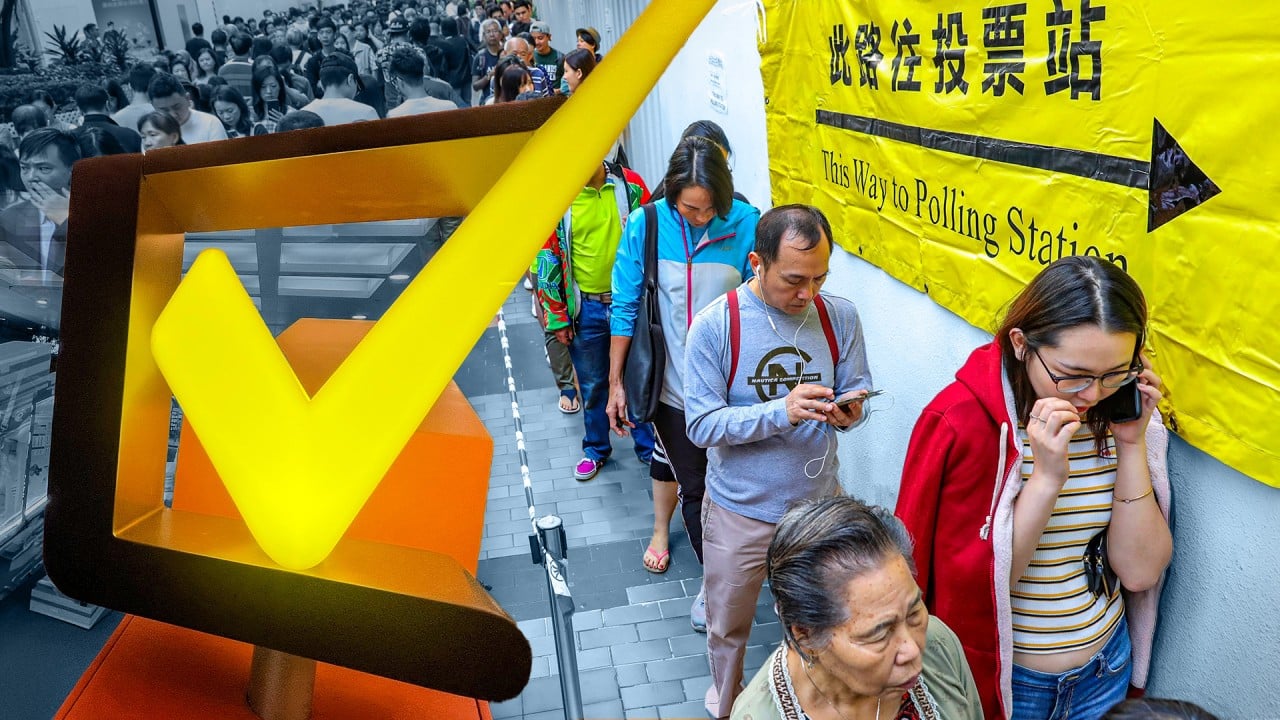
District councils must re-engage Hongkongers and reverse the disconnect
- A record low voter turnout reflects a disconnect. For social reforms to succeed, communities must be engaged – the new district councils must make this their top task
No longer should they be confined to the narrow view of being mere political training grounds, as touted by certain political parties, or relegated to serving solely as government administrative units. Indeed, through tailored initiatives responding to local needs, district councils can contribute to local governance like no other institution in the city.
It is worth noting that citizen participation in elections often transcends mere party politics, as many have the non-partisan intention of driving reforms and positive changes in their community. District council elections can and do serve as platforms to empower citizens in their pursuit of collective progress.
When people lose their sense of engagement and interest, community integration becomes increasingly challenging, and this ultimately impedes social reforms. It is in this context that district councils and their elections must assume a critical role, catalysing a revitalisation of public participation and reinvigorating local governance.
While it is important to establish limits, excessively rigid restrictions risk dampening people’s enthusiasm and stifling their sense of belonging. Genuine community integration calls for more than superficial connections; it demands the public’s deep-rooted engagement and a profound connection to the community they call home.
With the conclusion of the election, the new batch of district councillors and community care teams stand ready to help John Lee’s administration in its governance.
With most councillors firmly pro-establishment, the government’s sway over local communities has received a shot in the arm. It is of paramount importance that district councils channel their efforts into bolstering Hongkongers’ sense of engagement and belonging, as this will catalyse integration and pave the way for transformative community reforms.
There can be no unity in Hong Kong if we cannot embrace disagreement
One effective approach is to incorporate people from diverse backgrounds into district consultation committees, casting a wider net of perspectives to shape community decisions. By fostering collaboration and actively involving residents, we have the opportunity to weave together a tightly knit and prosperous community.
The humble district council shoulders a mighty responsibility in nurturing community integration and spearheading community reforms. It is of utmost importance that it refrains from becoming a source of social division.
Instead, it should wholeheartedly embrace inclusivity, acting as a platform for a myriad of voices to resonate, welcoming individuals from diverse backgrounds, and actively encouraging residents to partake in community affairs.
By treading this path, we can sow the seeds of a stronger sense of engagement and belonging. We will know our efforts have borne fruit when more people turn out to vote at the next district council election.
Dr Tik Chi Yuen is a legislative councillor representing the social welfare functional constituency


